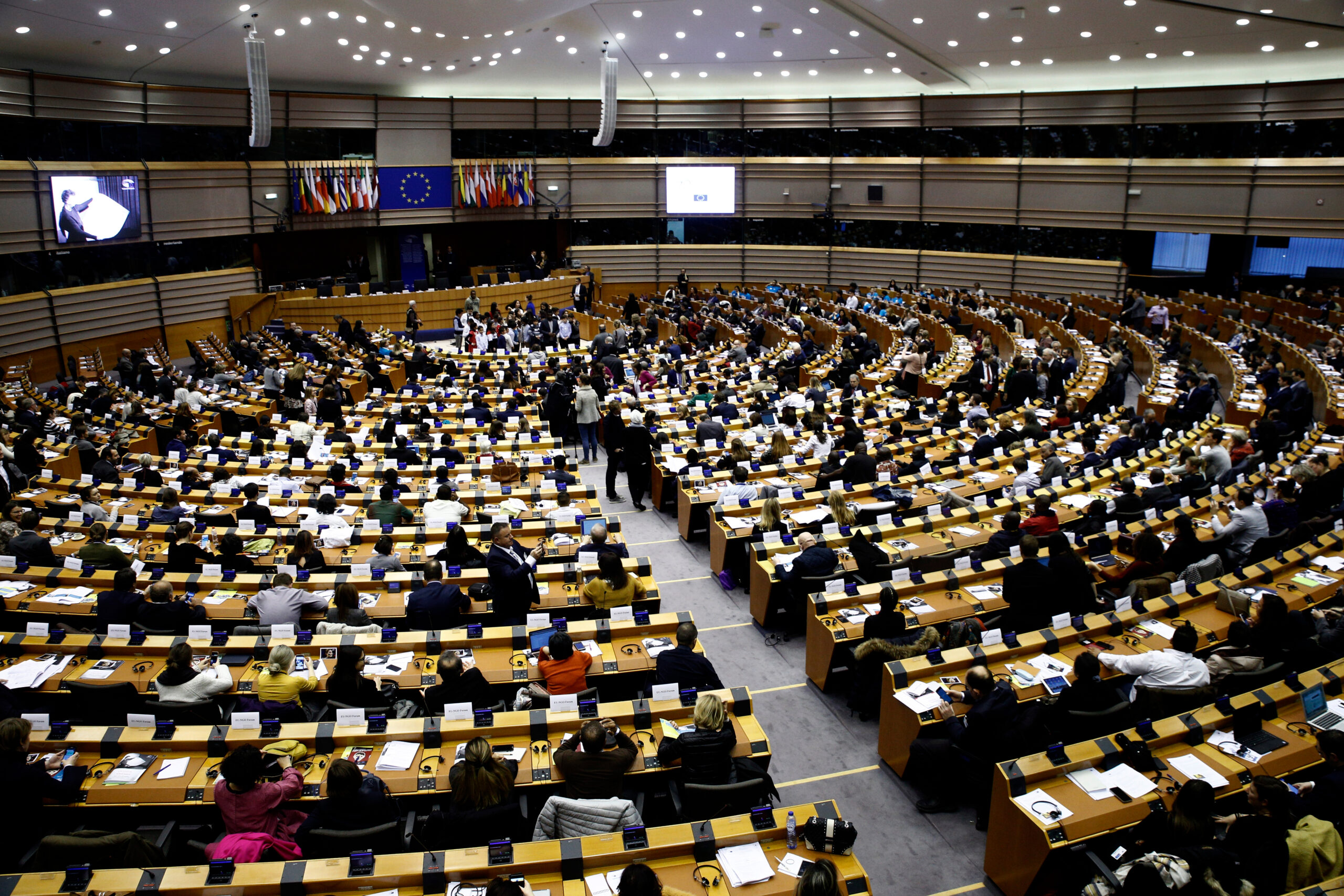As the world’s population is growing and ageing, the incidence of some diseases has increased considerably and more people can afford medical treatment, as the figures of yearly employed cytostatic drugs (CDs) demonstrate. Hence, the demand for CDs is expected to more than double over next 10 years. Nowadays, European hospitals typically use 50 different active substances to treat oncology patients. The occurrence of different CDs at lower levels varying from ng L−1 to μg L−1 (e.g. up to 146 ng L-1 for Cyclophosphamide and up to 200 ng L-1 for Tamoxifen) has been reported in different hospital effluents and urban WWTP in EU.
Nowadays, the sewage plants do not have the capacity to completely clean water from recalcitrant CDs. Additional steps for cleaning sewage water means more energy, chemicals and higher costs. Such situation, currently, means opt out for the release of sewage directly out into various surface waters like rivers, lakes, streams or open sea without an appropriate treatment that guarantees the absence of CDs. Traditional end-of-pipe solutions dealing with the effluents coming out of these plants have being gradually replaced by an increasingly decentralized approach to treat wastewater streams in the most effective and economically sound way. Moreover, additional goals like reducing overall effluent emissions and water footprint by reusing treated wastewater towards zero-discharge strategies or minimizing waste generation and disposal costs by implementing a modular design approach have been gradually incorporated to a growingly holistic water and wastewater management approach.
Accordingly, detection, monitoring and characterization at a global scale of CDs content in drinking and surface water, animals and plants is necessary to understand the magnitude of the problem. In this context, the first step is to recognize CDs as an emerging problem requiring investing the necessary human and financial resources to characterize the specific polluted water proper. This process is the key to deciding the related water treatment including either the removal of CDs or the possible recovery that will contribute to both pollution removal and effluent valorization. This late aspect is nowadays a hot goal since reuse of CDs will avoid the difficulties of their destruction and will provide needed financial support for the water treatment process through efficient and cost-effective processes of treating wastewater.
RECOPHARMA intends to design, develop, validate and demonstrate a novel process by sequential integration of the potentials offered by Molecular Imprinted Polymers (MIPs), Reagentless Thermosorption (RTS), Nanocomposites Functional Materials (NFMs) and Advanced Oxidation Processes (AOP) for an effective treatment aiming the recovery of target recalcitrant CDs and degradation of corresponding transformation products or metabolites, working in a continuous operation mode.
Thanks to efforts and project results, RECOPHARMA was selected one the nine project in European Union Implementation Plan for the Stockholm Convention on Persistent Organic Pollutants EU commission staff working document. The Stockholm Convention is a global treaty to protect human health and the environment from Persistent Organic Pollutants (POPs). POPs are a group of chemicals persist in the environment, may bioaccumulate in food and human tissues and are toxic. These chemicals also have the potential to be transported long distances and deposited far away from their place of release including in pristine environments such as the Arctic. The Convention requires Parties to adopt and introduce measures to reduce releases of POPs into the environment to reduce exposure to human and wildlife.
The EU commission staff working document presents the fourth revised and updated European Union (Union) implementation plan required by the Stockholm Convention on Persistent Organic Pollutants (“POPs”), of which the European Union is a Party. This document also details the work undertaken by the Union towards the Protocol to the UNECE Convention on Long-Range Transboundary Air Pollution (CLRTAP) on POPs1 and Regulation (EU) 2019/1021 of the European Parliament and of the Council (“POPs Regulation”).
This is a big achievement for the RECOPHARMA team effort and research communities.

